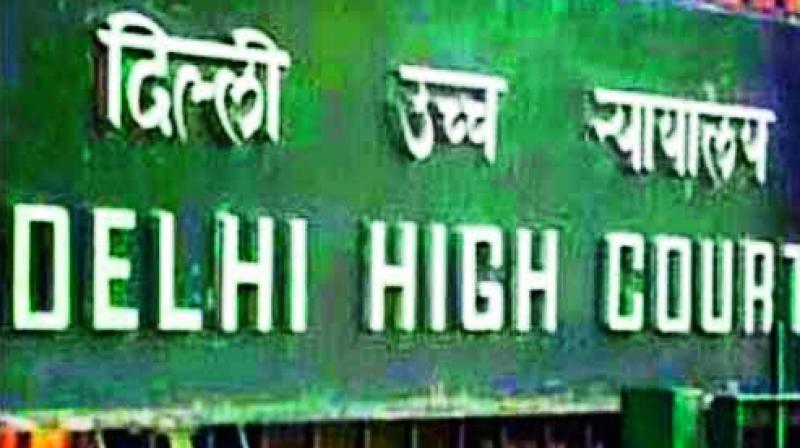False claims burden courts

Hyderabad: Despite stringent penal provisions against false claims, leniency of courts in invoking the provision is resulting in litigants indulging in false claims.
Section 209 of the IPC provides for two years of imprisonment and a fine for the offence of fraudulently or dishonestly making a false claim in the court with the intent to injure or annoy a person.
High Courts have noticed that this stringent provision has been rarely used by courts, which is sending wrong signals and gives freedom for litigants and their lawyers to indulge in this serious malpractice because of the confidence that no action will be initiated.
Expressing concern over frivolous litigation and false claims ‘choking the judicial system’, the Delhi High Court in H.S. Bedi v National Highway Authority of India observed that false claims were a menace which delayed justice and compromised the sanctity of courts.
The Delhi High Court has made it clear that since this practice puts a huge strain on the legal system, it should be ended with an ‘iron hand’ or else every law-breaker would violate the law with impunity.
The Delhi High Court ordered the lower courts to initiate prosecution under Section 209 of the Indian Penal Code in appropriate cases.
In Subrata Roy Sahara v Union of India, the Supreme Court said, “The Indian judicial system is grossly afflicted with frivolous litigations. Ways and means need to be evolved to deter litigants from their compulsive obsession towards senseless and ill-considered claims.”
The Law Commission of India admitted that the disastrous result of leniency or indulgence in invoking Section 209 is that it sends out wrong signals. Justice J.S. Khehar while dealing with the Subrata Roy case in 2014 pointed out, “One needs to keep in mind that in the process of litigation, there is an innocent sufferer on the other side.”
In a recent case, the Hyderabad HC had expressed serious concern at abusing of the procedural safeguards provided in the Civil Procedure Code to protect interests of litigants by the dishonest litigants to such an extent that they are proving to be an obstruction in dispensation of justice.
Court orders
- The Karnataka High Court in 1998 held that it is essential to take action in respect of false claims in the interest of purity of courts. The court noted that the disastrous result of the leniency/ indulgence has sent wrong signals to litigants.
- The Delhi High Court felt that unless the judicial system protects itself from such wrongdoing by taking cognizance, directing prosecution, and punishing those found guilty, it will be failing in its duty to render justice to citizens.
- Lawyers felt that there are multiple sections in Indian Penal Code (IPC) apart from Section 209 to punish those making false statements, fabricated/forged evidence, perjury, etc; but rarely do such provisions are used against them.

